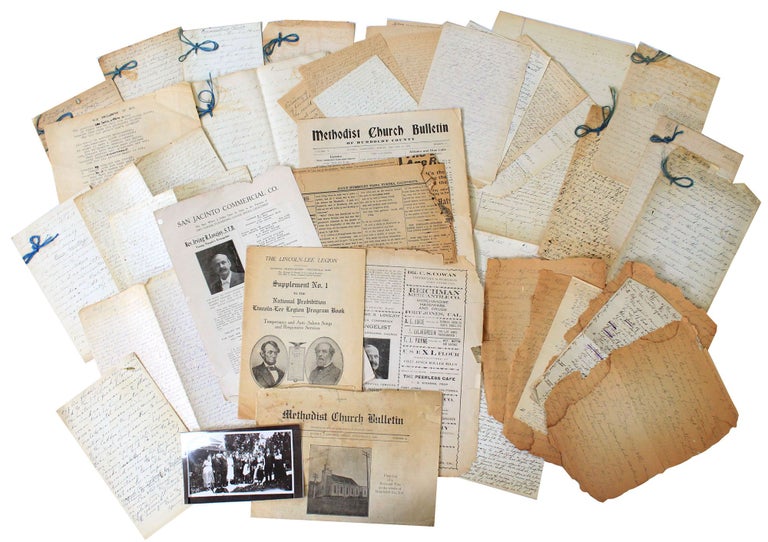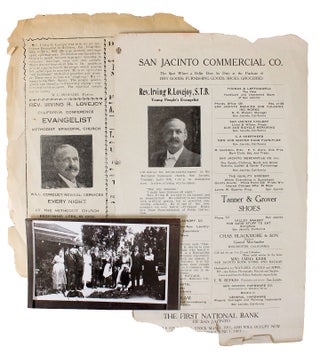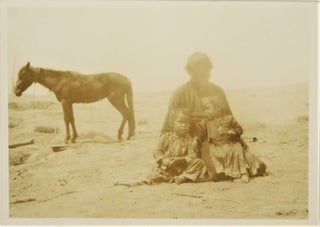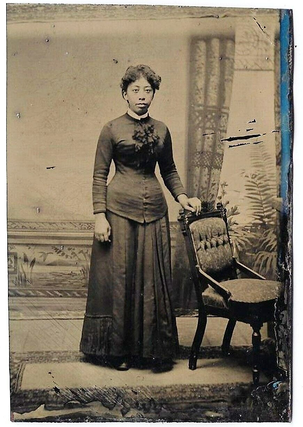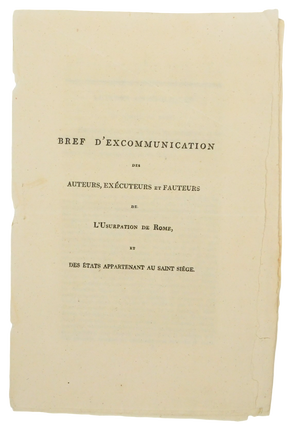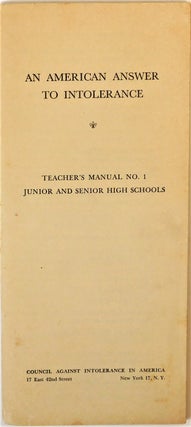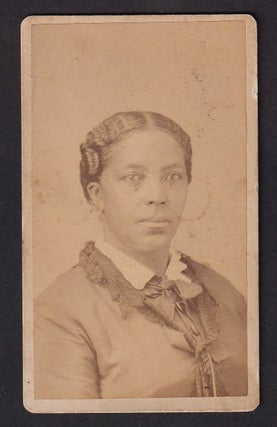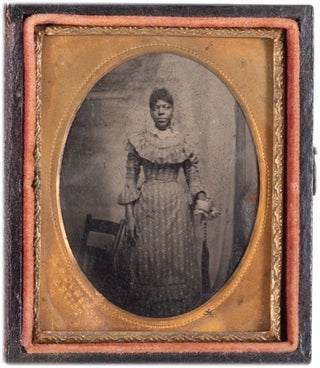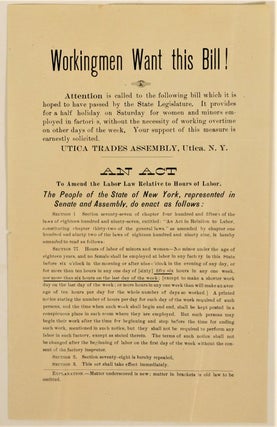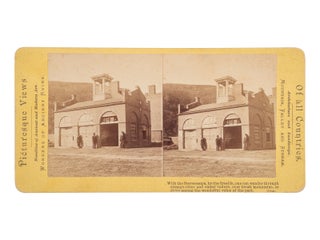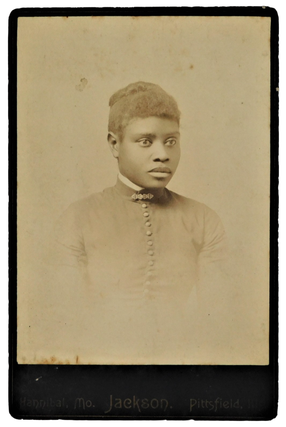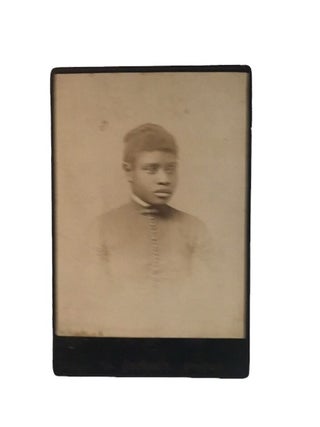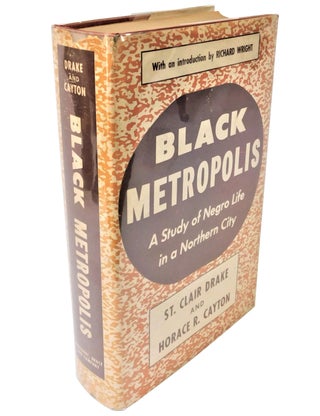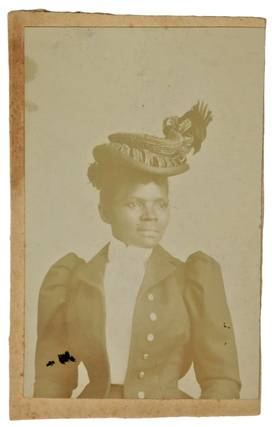Unique Archive of Methodist Revivalist Minister's Handwritten Sermon Notes and Sermons During Third Great Awakening, Period of Religious Activism, Over 250 Handwritten Pages, 1870-1913
Archive
Extensive archive from Methodist minister and revivalist preacher Irving R. Lovejoy from 1860-1888. This archive of over 250 handwritten pages includes 19 handwritten and hand bound sermons, most tied with blue string, totaling 247 pages on subjects ranging from Judgment day to building fraternity between Methodist ministries, and 237 pages of handwritten notes and thoughts for later sermons. Reverend Lovejoy was born in Kansas to ardent abolitionists in the violent years leading up to the Civil War. Multiple attempts were made on his parents' lives and his uncle was murdered for publishing abolitionist materials. Young Lovejoy grew to embrace the ministry like his father before him.Lovejoy was known for his fierce prose, evident throughout the handwritten sermons. "If they are not upon the side of Christ, they are opposed to him," he writes in one, "It is plainly taught that we cannot serve God and Mammon...Listen to Christ calling. Cease persecuting Christ by coming to his call." His sermons frequently criticize mainstream culture, "For the great day of his wrath is come and who shall e able to stand? Our knowledge of the future is limited. It is bonded by reason and revelation-one dim and uncertain, the other clear. Reason is dim because of unbalanced minds and uncertain because of untrue premises. We reason thus and so concerning the issue of any plan we may formulate. Business men think and plan to succeed but fail. Lawyers think and please but their client does not escape the penalty of law. Ministers occupy the pulpit but their heart dies the death of the ungodly."
Reverend Lovejoy's ministry was part of The Third Great Awakening, a period of religious activism in the United States from the late 1850s to the early 1900s. The movement came out of the post millennial belief that the Second Coming of Christ would come after mankind had reformed the earth. Throughout his ministry Lovejoy continuously brings focus back to the importance of Christlike community, "It is not too much to urge upon every Methodist to read the proceedings of this occumenical conference. This is the best way for us all to become full of fraternal feelings and move intelligently alive to the interests of Christ's blessed kingdom." The alternative to that community is a world at war with itself, "One of the leading particular motives is fear. He was afraid of being punished and in that fear rested his own condemnation. I know where my brother is that he is where I put him. I have done evil to him and because of it I will be punished if found out. I will therefore feign ignorance. This leads from the motive to the question itself."
The reverend's many loose notes show his forming thought toward future sermons, the raw material of his mind at work. "The spirit convicts of sin by the word of God, the word made flesh and by the conscience. The fact of sin done so and so, the fault of sin done ill in doing so, fully of sin, a text against right reason, the faith of sin-odious to god, fountain of sin, corrupt nature and lastly the fruit of sin-death." Many of his notes focus on judgment day, both past and future, "By faith Noah being warned of God of things not seens as yet moved with fear, prepared an ark to the saving of his house by the which he condemned the world and became heir of the righteousness which is by faith. Noah's-wooden, 1. occasion-wickedness 2. Design-To save 3. Need-Flood to come 4. Materials-Gopher wood 5. Carpenter-Noah. Laughed at 6. Preparation-120 yrs. 7. Completion-It was made perfect. 8. Capacity-sufficient 9. Occupants-8 souls 10. Safety-peace within, rode on water 11. Supply-food 12. Preserved through all to land once more, kept them till all wickedness was destroyed and the flood was gone."
In 1888 Lovejoy moved from Massachusetts to California where he preached for over 20 years, hosting revival meetings across the state. The archive includes a broadside advertisement for one of these meetings with Lovejoy's black and white photograph under the text, "He is an earnest, well equipped spiritual man. No finicism nor fanaticism. Strong in pulpit, fervent in prayer, winsome in childrens' meetings, sane and safe socially...He is an up to-date 'old-fashioned' Methodist preacher and worker. there were no fads nor 'claptrap.' His reliance is the Holy Spirit." Measures 8" x 11" inches. His commitment throughout his sermons is toward salvation of the earthly realm in order to reach the heavenly one, "God's kingdom has two apartments intimately connected with each. the ground of this intimate connection is their spiritual nature being built upon the same foundation. The one is the principal apartment the other but an additional one-an ell, an anteroom. The main part is in heaven the anteroom is on earth. Though the one in heaven is the principal structure, to enter it we must go through the one here. We enter this one through a door. It is called the door of salvation."
Lovejoy is evangelical in his messages, always instructing his congregation how best to spread their shared message, "We must use common things well understood to explain, illustrate and enforce spiritual truth...The extent of the material universe, how great it is! Surely with this thought in view of the grandeur and extend of the universite the dream of the German poet could not be untrue. He dreamed that he was carried by an angel away from the earth passing past whirling planets, shining stars and blazing suns until he sank exhausted crying 'end is there none?' to which the angel responded 'End there is none.'" His faith, according to his own sermons, seems rooted in divine calling, "When one's heart be fixed upon anything special, that thing is his all. A persons all then depends for size, variety and upon the constituent elements in that which constitutes his specialty."
Lovejoy's sermon style is distinct as he leads his congregation through the thought process that undergirds his belief, "The fully known again includes those things which are of special interest to me. Among those that are important is none more vital than Christian Assurance...if it is right to be sure of one's relation to God, it must be wrong to doubt. If we accept the strength of this thought we will be led to deep doubt as if we were a coal of fire."
Lovejoy's loose notes speak to his earnest message and often include both the main theme of the future text as well as supportive examples taken from life, "The best gifts, a wise and instructed mind, an innocent and tender conscience, a loyal and loving heart, a careful and instructive utterance...city missionary called out of his bed at midnight by a half clothed, little girl wanting to know if he was the one who preached about Jesus seeing to the uttermost." He makes frequent lists to lead his congregations from one point to the next, "There is the fat cow of thinking, 'As a man thinketh in his heart so is he', There is the fat cow of doing, 'If any man will do his will, he shall know of the doctrine whether it be of god or whether I speak of myself,' There is the fat cow of faith, 'All things are possible to him that believeth,' There is the fat cow of asking, 'Ask and ye shall receive,' There is the fat cow of love, 'Love is the fulfilling of the law,' The last fat cow is the Spirit's fulness. 'To know the love of Christ, which passeth knowledge, and ye might be filled iwth all the fulness of God.'"
His notes are entirely religious, testifying to the conviction with which he pursued his life's work. One passage typed in stanzas, possibly a poem, with pen-marked edits reads, "Sin comes in subtile windsomeness, And, sometimes quite otherwise; It seems to have a consciousness met ev'rywhere beneath the skies, And, fault with wisdom most profound that parries and o'ercomes our wit, Humanity explores aroused and for its purpose makes us fit."
Archive also includes one photo of the Lovejoy family measuring 6" x 3.5" inches, 2 issues of the Methodist Church Bulletin with news of the time, 1903 and 1906, 1 broadside advertising Lovejoy's revival, and a pamphlet with temperance songs inside and photos, interestingly, of Lincoln and General Lee on the front soft cover. An expansive archive of over 250 pages documenting an impactful voice in 19th century and early twentieth century Protestantism.
Item #15279
Price: $2,450.00
See all items in
Americana,
Autographs, Letters and Archives,
Religion and Philosophy,
Slavery and Abolition,
Social Activist
See all items by Archive Religious Oration

